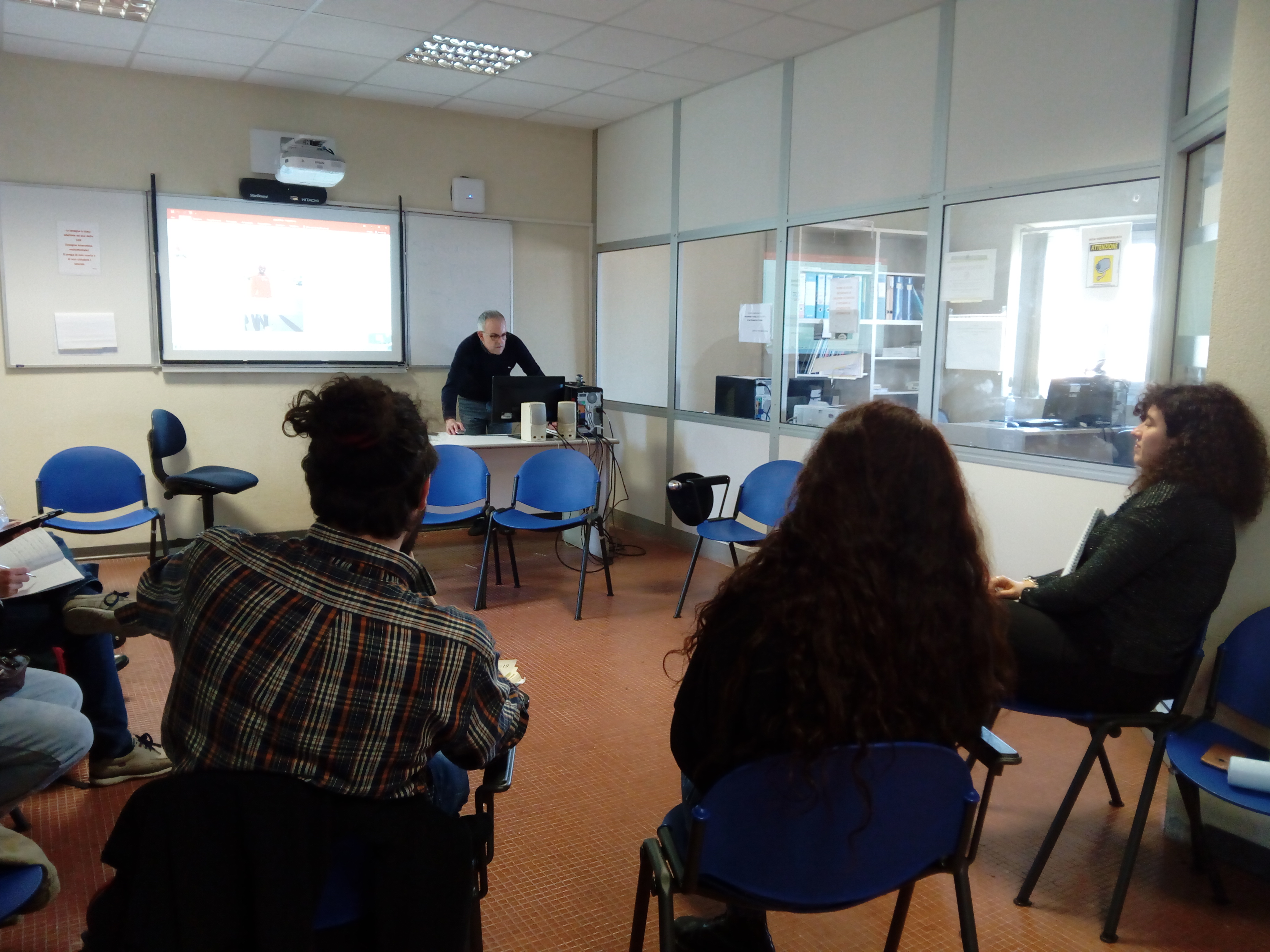
Presentation
The PhD in Social Sciences (DOSS) at UniGe aims to provide doctoral students with the theoretical and methodological tools to conduct independent research across various fields of social sciences. DOSS fosters a scientific environment that values interaction and critical dialogue among different disciplines while ensuring a high degree of theoretical and methodological specialization within each specific area of expertise.
DOSS is structured into four different curricula:
Migrations and Cultural Processes
Political Thought, Society, and Law
Psychology and Cognitive Sciences
Sociology
Each curriculum benefits from the theoretical and methodological expertise of academics specializing in different research areas.
DOSS is affiliated with two UniGe departments: DISFOR (host department) and DISPI.
Educational Objectives
DOSS aims to train highly specialized professionals in the analysis of human beings within cultural processes and social changes in contemporary societies. This capability is developed through the acquisition of psychological and sociological competencies, complemented by contributions from political, legal, pedagogical, historical, and geographical disciplines.
Doctoral students receive multi-method methodological training designed for the scientific analysis of the complex systems in which individuals are embedded. Specifically, this training includes interdisciplinary courses that provide theoretical and technical knowledge for conducting research in the social sciences. These foundations are then further explored within the specific curriculum courses.
Career Opportunities
Graduates will be able to pursue teaching or research careers in academia or work as professionals in the following fields:
Design, supervision, and evaluation of educational and social policies
Design, supervision, and evaluation of organizational interventions related to the analysis and resolution of complex social problems typical of a globalized society
Consultancy and operational roles in public administrations, institutions, enterprises, NGOs, and non-profits
Expertise in the education sector and lifelong learning
Cultural mediation and qualified roles in research and documentation centers
Training and conflict resolution in critical areas
Management positions in public administration and private organizations